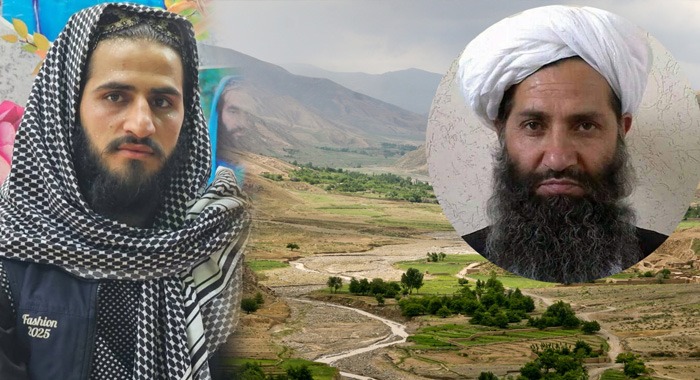An Afghan khariji affiliated with the banned Tehreek-e-Taliban Pakistan (TTP), or Fitna al-Khawarij, was killed during a counter-terror operation in Bajaur, confirming long-standing concerns that Afghanistan remains a launchpad for cross-border terrorism, despite repeated pledges by the Taliban regime to prevent the use of Afghan soil against neighbouring countries.
Security sources have identified the slain khariji as Mohammad Aman, son of Haji Mohammad Wali, a resident of Fakhdaru village in Shirzad district, Nangarhar province, Afghanistan. He was reportedly a key operative of the TTP, actively involved in cross-border attacks and subversive activities in Pakistan’s tribal belt.
According to officials, Aman was killed in recent security operations targeting militant hideouts in Bajaur. His identity was later verified through multiple intelligence channels, including confirmation from Afghan Taliban-linked sources, who acknowledged that one of their nationals had died in combat with Pakistani forces.
Taliban Supreme Leader’s Orders Ignored?
The incident comes just weeks after Taliban Supreme Leader Hibatullah Akhundzada issued a rare and explicit order instructing all fighters, including former TTP affiliates, not to engage in armed struggle outside Afghanistan, particularly in Pakistan. The directive also called on all Afghan nationals operating with foreign militant groups to return to Afghan soil and cease cross-border involvement.
However, the presence and death of Aman in Bajaur suggests that not only is this order being flouted by TTP operatives, but it also raises critical questions about the Taliban leadership’s ability, or willingness,to enforce compliance among extremist elements operating near the porous Durand Line.
Broken Promises on Cross-Border Militancy
The Taliban regime has publicly and repeatedly pledged not to allow Afghan territory to be used as a launching ground for attacks against other countries. These assurances were central to international diplomatic engagements following the U.S. withdrawal and Taliban takeover in 2021.
Yet, ground realities continue to contradict those commitments. Numerous attacks inside Pakistan in recent months have been traced back to TTP sanctuaries across the Afghan border, particularly in Kunar, Nangarhar, and Paktika provinces — often with impunity.
Security analysts argue that the Taliban either lack the capacity or the political will to dismantle these foreign-led networks operating within their territory.
The Bajaur operation highlights an ongoing strategic dilemma for Pakistan, which has for years borne the brunt of cross-border terrorism emanating from eastern Afghanistan. With a surge in TTP activities in Khyber Pakhtunkhwa and border areas like Bajaur and North Waziristan, Islamabad’s patience is wearing thin.
Officials have called for tangible action from the Taliban regime, not just verbal assurances. “If the Taliban leadership’s words are to mean anything, they must ensure that Afghan nationals stop dying in attacks on Pakistani soil,” said a senior Pakistani security official, speaking on condition of anonymity.





